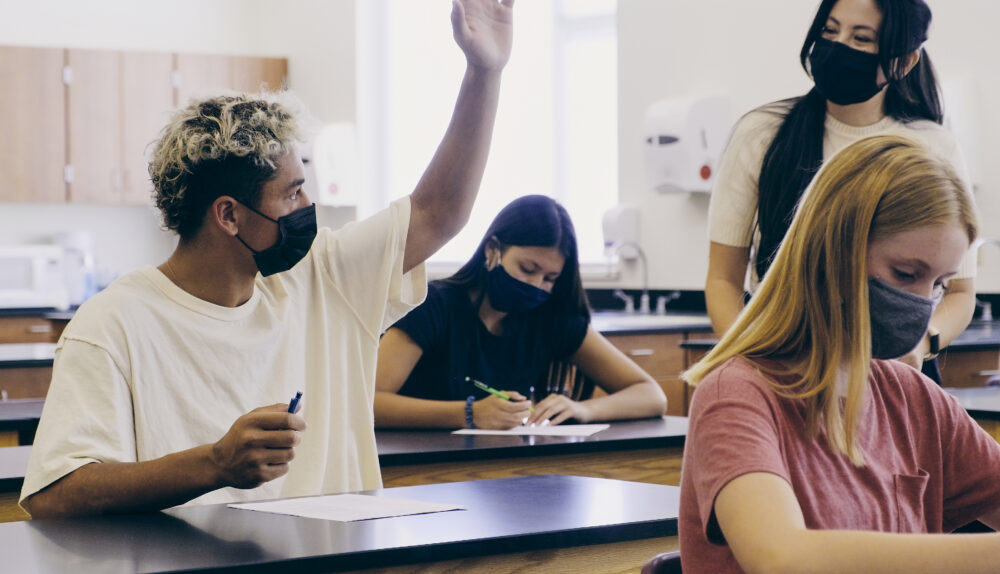সামগ্রিক উন্নতি সত্ত্বেও, নতুন সাসপেনশন ডেটা জাতি এবং প্রতিবন্ধী অবস্থার দ্বারা ক্রমাগত বৈষম্য দেখাতে থাকে
Advocates for Children of New York (AFC) issued the following response to the release of the New York City Department of Education (DOE)’s suspension data report for the 2019-20 school year.

The new suspension data released on Tuesday show that New York City has continued to make progress in its efforts to reduce the use of exclusionary discipline and keep students in the classroom where they belong. While much of the decline in the raw number of suspensions issued in the 2019-20 school year is attributable to the three-month closure of school buildings due to COVID-19, the fact that suspensions were down 12.6%, relative to 2018-19, prior to the transition to remote learning suggests that recent changes to the discipline code and investments in restorative justice, mental health supports, and social-emotional learning are having a positive impact.
The data also reflect modest improvements with respect to racial disparities in school discipline. In 2019-20, over half (50.7%) of superintendent’s (long-term) suspensions, along with 41.0% of principal’s suspensions, went to Black students, who comprised only 21.6% of the public school population (not including charter schools). While the City clearly has much work left to do to address these substantial disparities—which result in students losing valuable instructional time—there are glimmers of progress in this year’s report. In 2018-19, Black students received 52.0% of superintendent’s suspensions and 42.1% of principal’s suspensions; overall, the proportion of suspensions issued to Black students has dropped by 6.3 percentage points over the past four years (43.3% of all suspensions in 2019-20 went to Black students, compared to 49.6% in 2015-16).
Unfortunately, the City has failed to make similar progress with respect to addressing disparities by disability status and is instead trending in the wrong direction. Students with disabilities—who are about 20% of the student population—received 44.8% of long-term suspensions and 39.1% of principal’s suspensions in 2019-20, compared to 43.0% and 38.5%, respectively, the prior year. The proportion of all suspensions going to students with special education needs has risen 1.9 percentage points (from 38.6% to 40.5%) since 2015-16.
“While the City has made notable progress in reducing the number of suspensions, Black students and students with disabilities continue to be ousted from their classrooms at alarmingly high rates,” said Dawn Yuster, Director of AFC’s School Justice Project. “Given the trauma so many of our young people have experienced in recent months, it is more urgent than ever that the DOE prioritize providing effective behavioral and mental health supports for students of color and students with disabilities. It is essential that students receive the social-emotional support they need to be successful this year—and are not excluded from their school communities during these already-challenging times.”


